Antibiotics can be helpful in some cases, but also be damaging to your health in the process. Find out how to restore gut health after antibiotics.
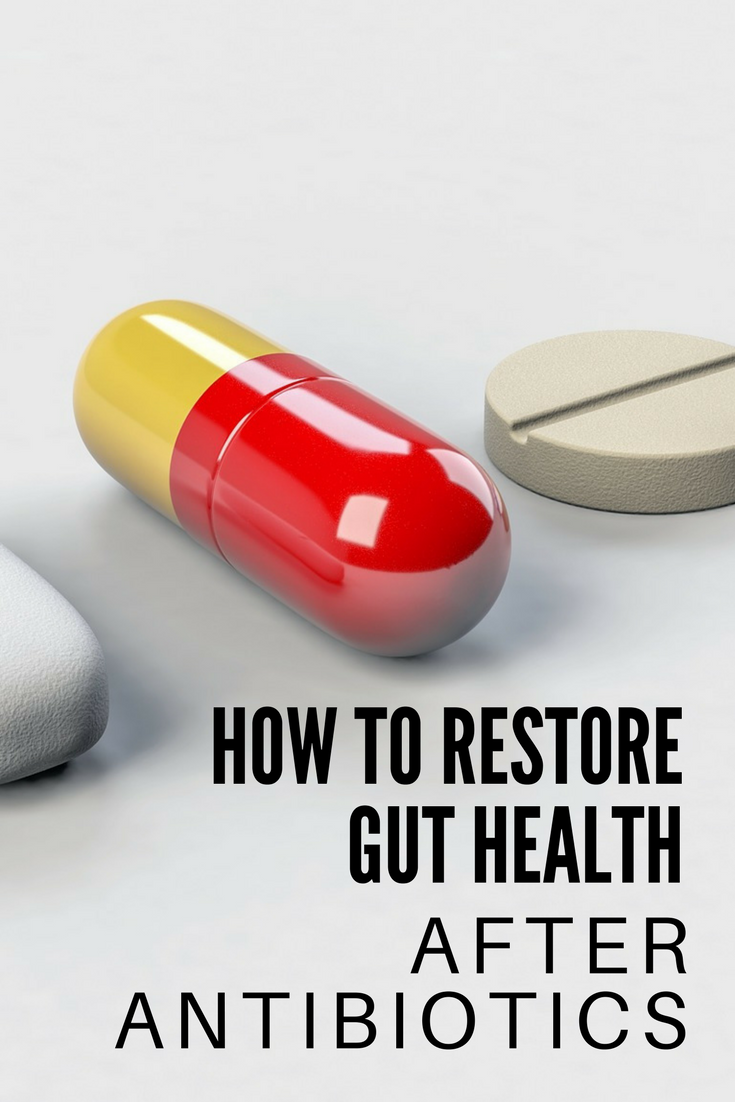
Antibiotics can be an incredibly amazing way to stop infectious disease and save lives – but, they can also be damaging to your gut health in the process.
While we can do our best to avoid using antibiotics, in some cases, they are necessary.
In 1928, the discovery of penicillin by Alexander Fleming caused medical doctors to fall into ease of prescribing a drug based approach to illness. It wasn’t but 15 years later that people were also becoming all too comfortable with a drug based approach to illness, while natural remedies (cod liver oil, fermented dairy) fell to the wayside.
The drug based approach has now led to an epidemic. We have large numbers of people with compromised immune systems due to an imbalance in the gut, food allergies, and autoimmune disease.
In some cases, restoring the gut after antibiotics can bring a balance to the body that allows for natural healing instead of using antibiotics.
The problem with antibiotics
Antibiotics, which are usually overprescribed, are not selective. That means that they will kill the bad and good bacteria that reside in your gut.
The good bacteria – your microbiota, are made up of over 1,000 different types of bacteria species that live in your intestines. These microbiota of bacteria are friendly bacteria. They help your body break down the food you eat, they help your body absorb nutrients, and they prevent bad things from entering your body.
They also work together to provide you with a stronger immune system.
When you take a round of antibiotics, those good bacteria are killed off. The antibiotics then reduce the ratio of quality and diverse bacteria that carry out all the important functions in your body.
When that gut microbiota is disrupted, then your body as a whole becomes unbalanced. That can lead to the onset of inflammation, and then disease, and in some cases, even cancer. Antibiotics eliminate those beneficial bacteria that line the gut. Yeasts like candida then have room to overgrow and become dominant.
Candida attaches to the gut wall and permeates the cell membranes which can lead to “leaky gut”.
Leaky gut can then lead to a myriad of health challenges as foreign proteins enter the bloodstream. You’ll find digestive issues, autoimmune challenges, food allergies and more.
How to rebuild gut health after antibiotics
Every body is different in the face of antibiotic use – while some people can use antibiotics without too much repercussion, others may struggle for weeks thereafter trying to get their gut health back in order. Thankfully there are things that you can do to protect yourself from future ill health by working hard to rebuild your gut health.
If you or family members are in a situation where you have no choice but to take a round or two of antibiotics, there are many things you can do to rebuild your good but bacteria and minimize damage to your gut flora:
Eat real food
It sounds so simple yet is quite complicated for many. Real food isn’t in a box or package — it doesn’t have any artificial anything, nor does it have any additives. Choose nutrient dense, easy to digestion [real] food in small portions that will give your body the ability to use its energy to work towards healing instead of working overtime to digest.
Homemade bone broth is rich in vitamins and minerals, and is an important source of gut healing gelatin and collagen that is easy to digest. It will heal and seal your gut. Once you work towards healing and sealing the gut, you may see an improvement in digestion. Skin issues you may have once had will start to clear up.
Avoid sugar and grains
This is a great guide all the time, but especially after antibiotics. Bad bacteria love sugar. They live for sugar, and sugar feeds them and leads to a host of health challenges. By avoiding sugar and carbs you can starve those bad bacteria and create an environment that makes it challenging for them to thrive.
As a result, the healthy bacteria thrive and work hard to populate the gut.
Fermented Foods
Cultured and fermented foods are loaded with the most healthy bacteria that allow your body proper digestion, elimination and help you recreate a strong immune system.
Fermented foods include dairy kefir, sauerkraut, Kombucha, and fermented vegetables. You can check your local area for raw dairy kefir grains and make kefir daily or every other day. Combined with fresh fruit it makes a wonderful breakfast or mid-day snack.
Probiotics
Probiotics are the good bacteria that reside in the gut. If you take antibiotics, you will need to replenish the good bacteria to create a healthy environment where the friendly bacteria can work hard to repopulate.
While the best option to create healthy bacteria is through fermented foods. If you aren’t open to fermented foods or you aren’t too eager to consume raw dairy or raw dairy kefir, then a probiotic is an option.
See a few recommended probiotics below.
Recovering after antibiotics – during and after:
- Lacto-fermented dairy 1-3 times each day – including yogurt, kefir, fermented vegetables like cauliflower
- Gelatin rich foods – homemade bone broth, fermented cod liver oil, animal fats, gelatin gummies or collagen peptides
- Try to avoid fruit juice, and refined carbs
- Eliminate sugar entirely
- Avoid grains and focus on grain-free foods
- Probiotics – HMF Forte, Bio-kult, or Ther-biotic Komplete, twice daily for 2-3 months following your round of antibiotics
The gut and the brain are very closely connected. By working to establish a better [healthy] gut environment in the body, you may find that your mental health improves, too.
Not only does the brain send messages to the gut, the gut sends messages to the brain. When the gut is off balance, the messages sent to the brain can be inaccurate or problematic.
You may experience everything from anxiety to depression, sadness, or even paranoia when these pathogenic bacteria take over the gut and eventually the brain.
I know from experience within our own family that an improvement to gut health can do wonders for mental instability. My husband deployed with his Army unit in 2009. Following his return, his anxiety and post traumatic stress disorder required a myriad of prescriptions (a total of 7).
Those antibiotics led to autoimmune issues, food allergies, IBS, colitis and even more mental instability. Instead of continuing on that path, we made some changes. We moved to real food, found raw milk and dairy kefir in our area, incorporated fermented vegetables, and placed him on probiotics for additional support.
It’s 2017 and is no longer on any prescriptions and his anxiety and mental health has improved tremendously.
Sources and additional reference material:
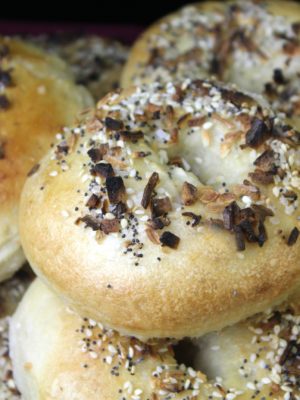
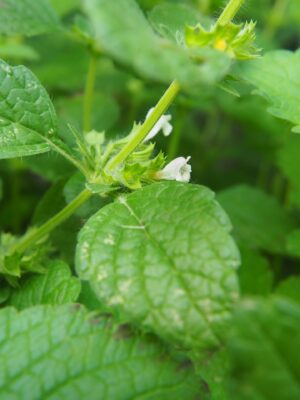
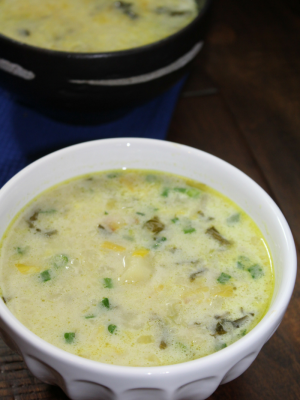
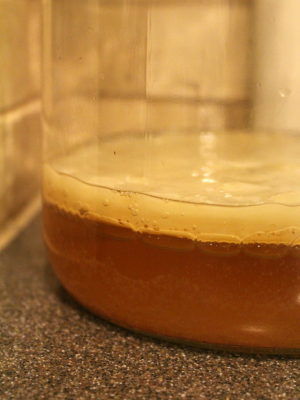
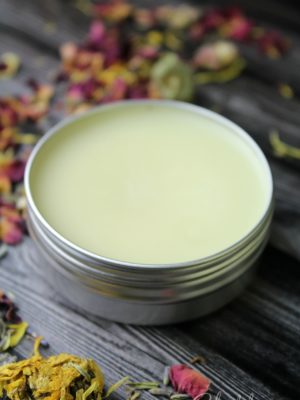
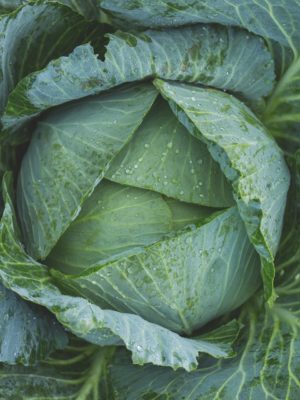
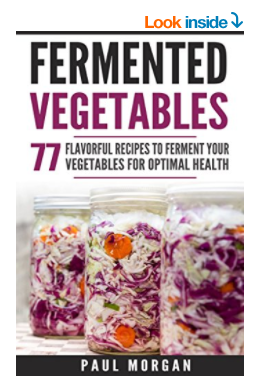

Great post! As a nutritionist and health blogger myself, I too feel as though gut health is such an important piece to a healhty body that most people are forgetting about. With antibiotic use on the rise, we in the health community need to be more proactive in raising awareness about gut health and how important it truly is!